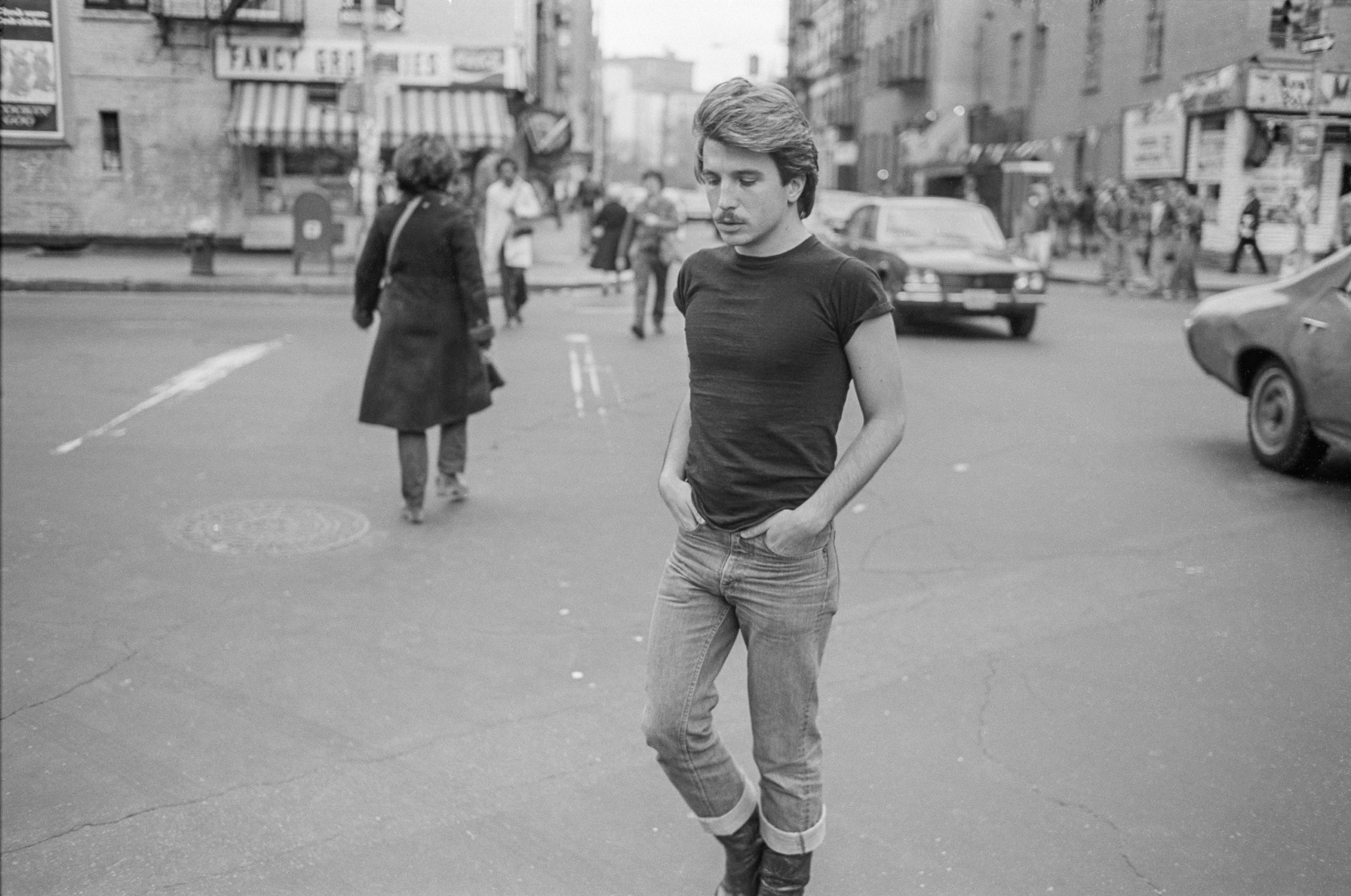
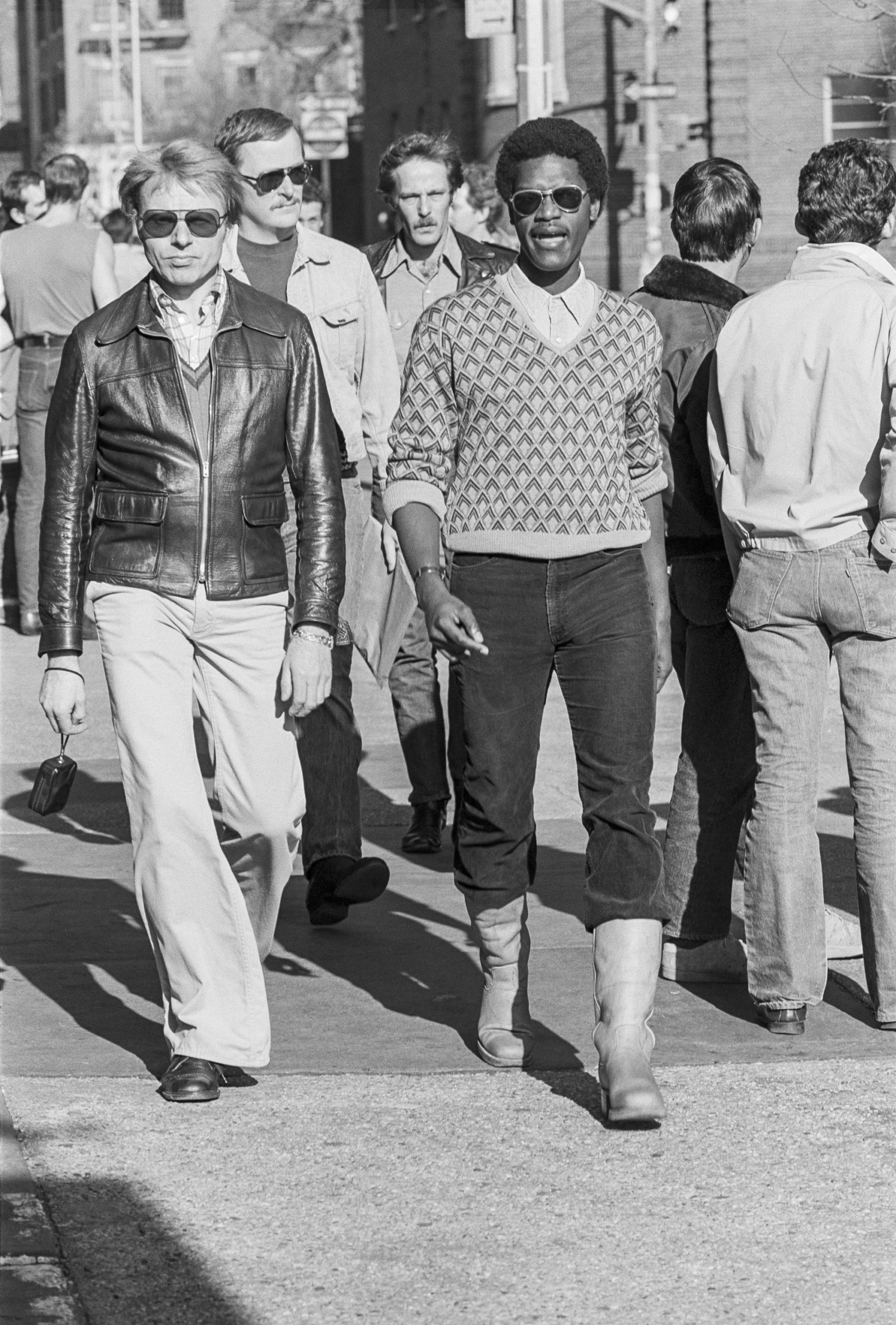
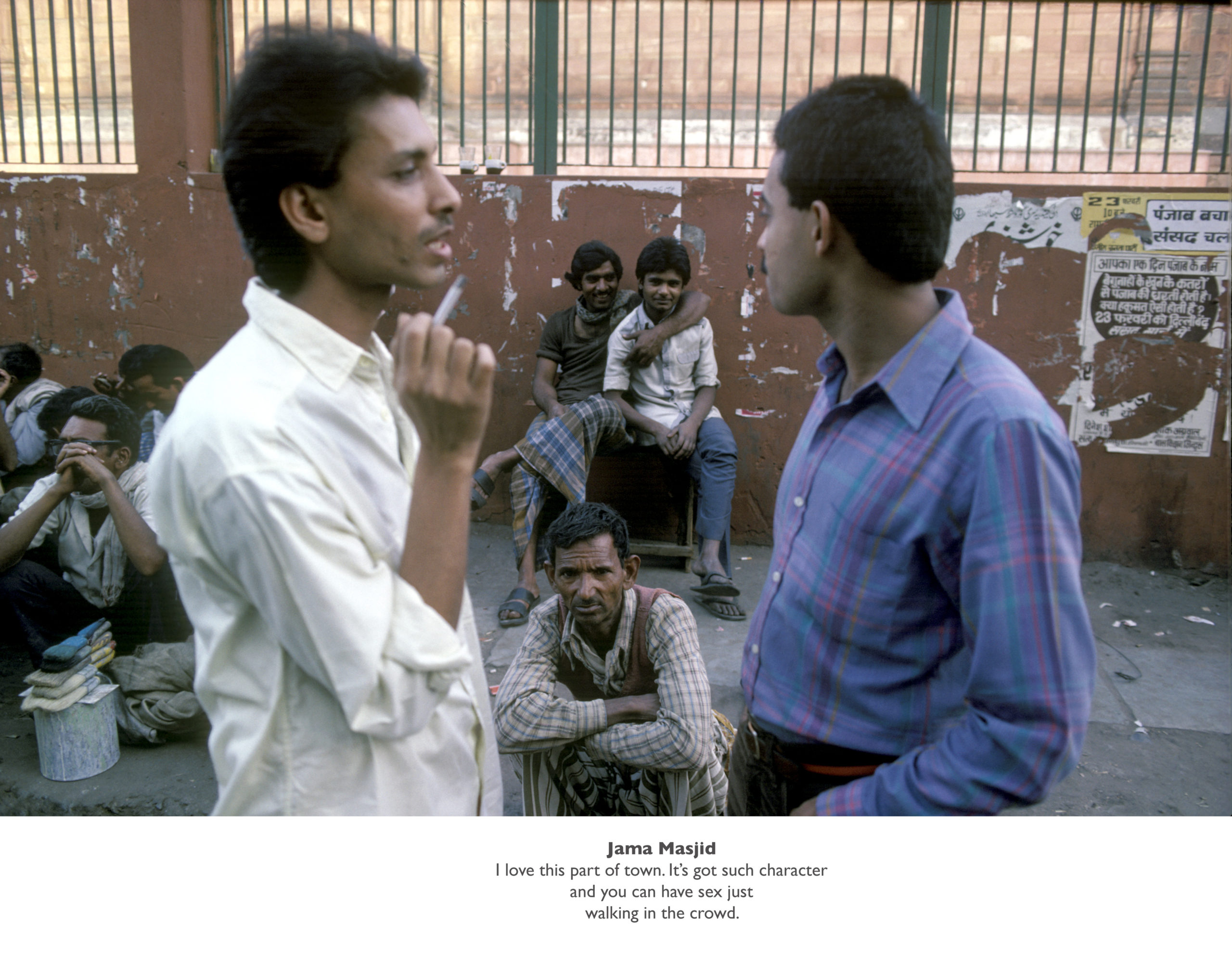
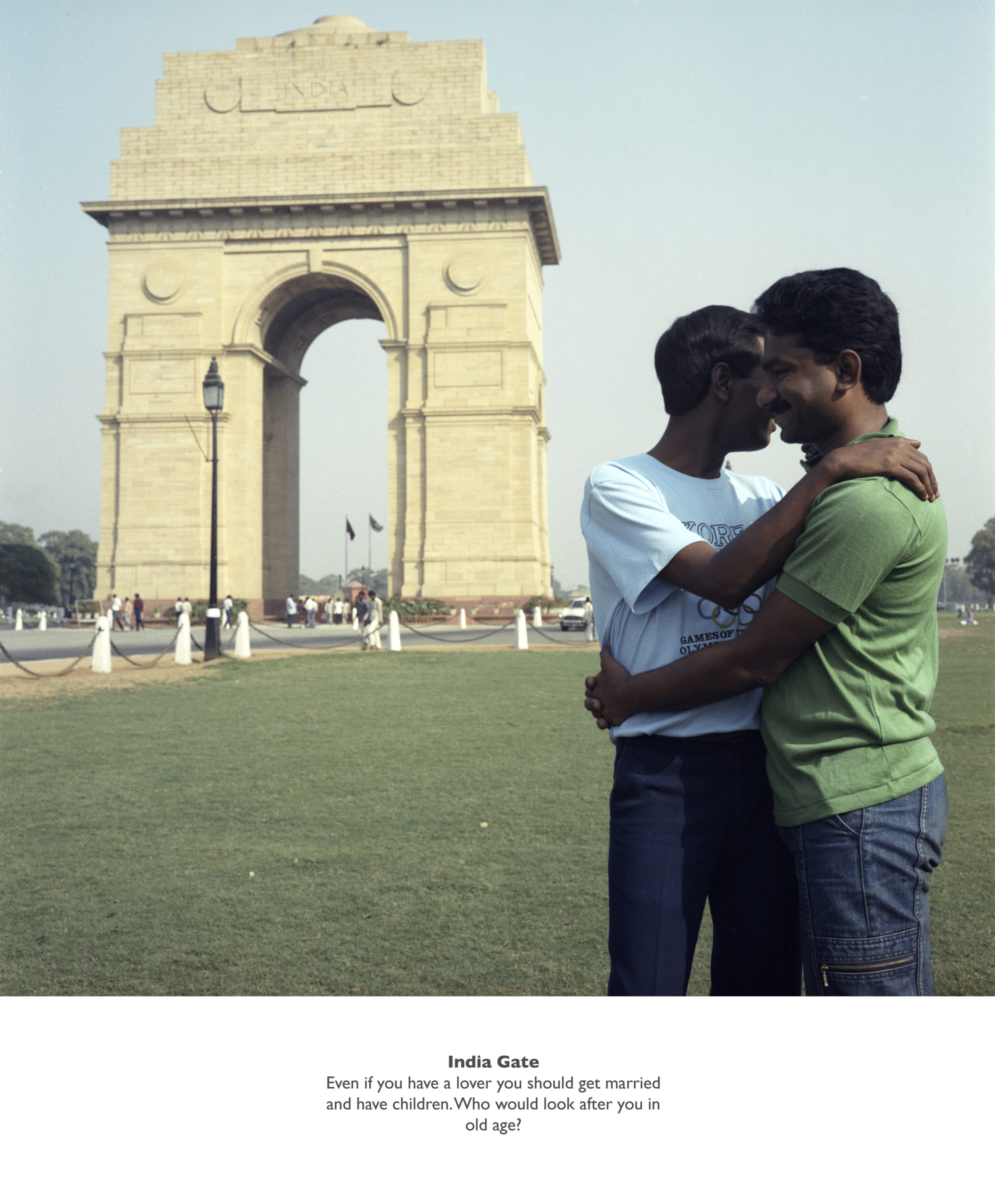
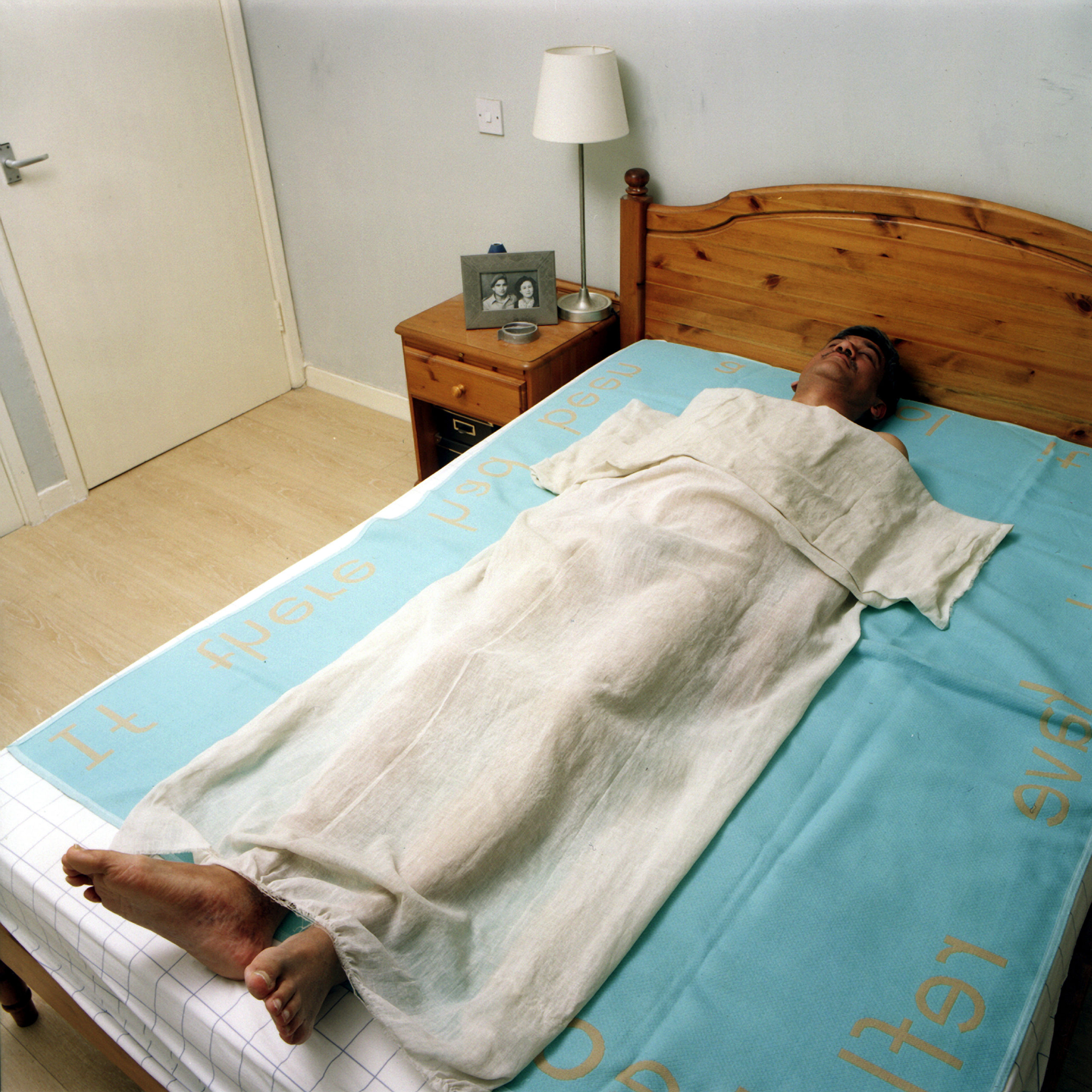
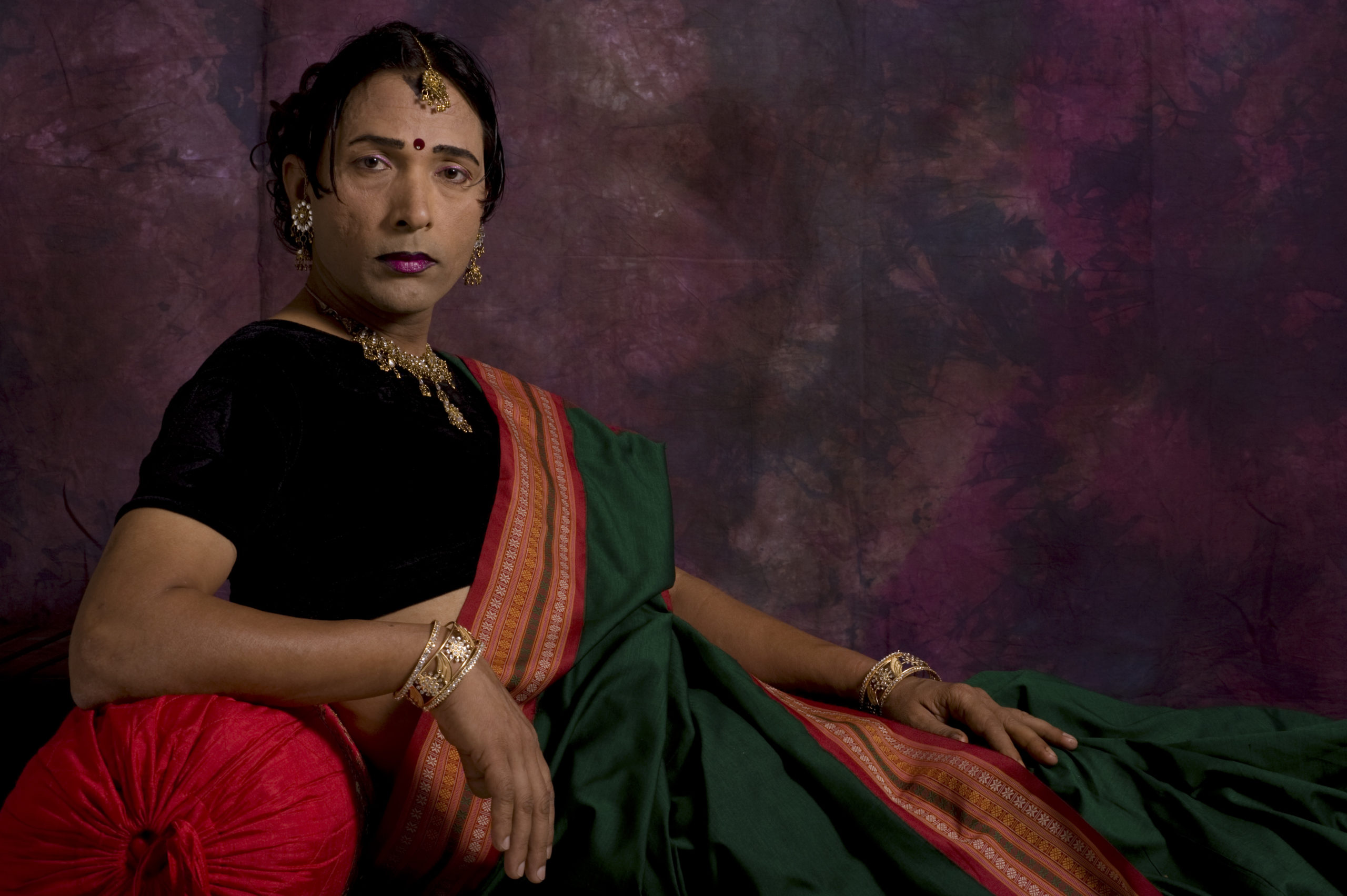
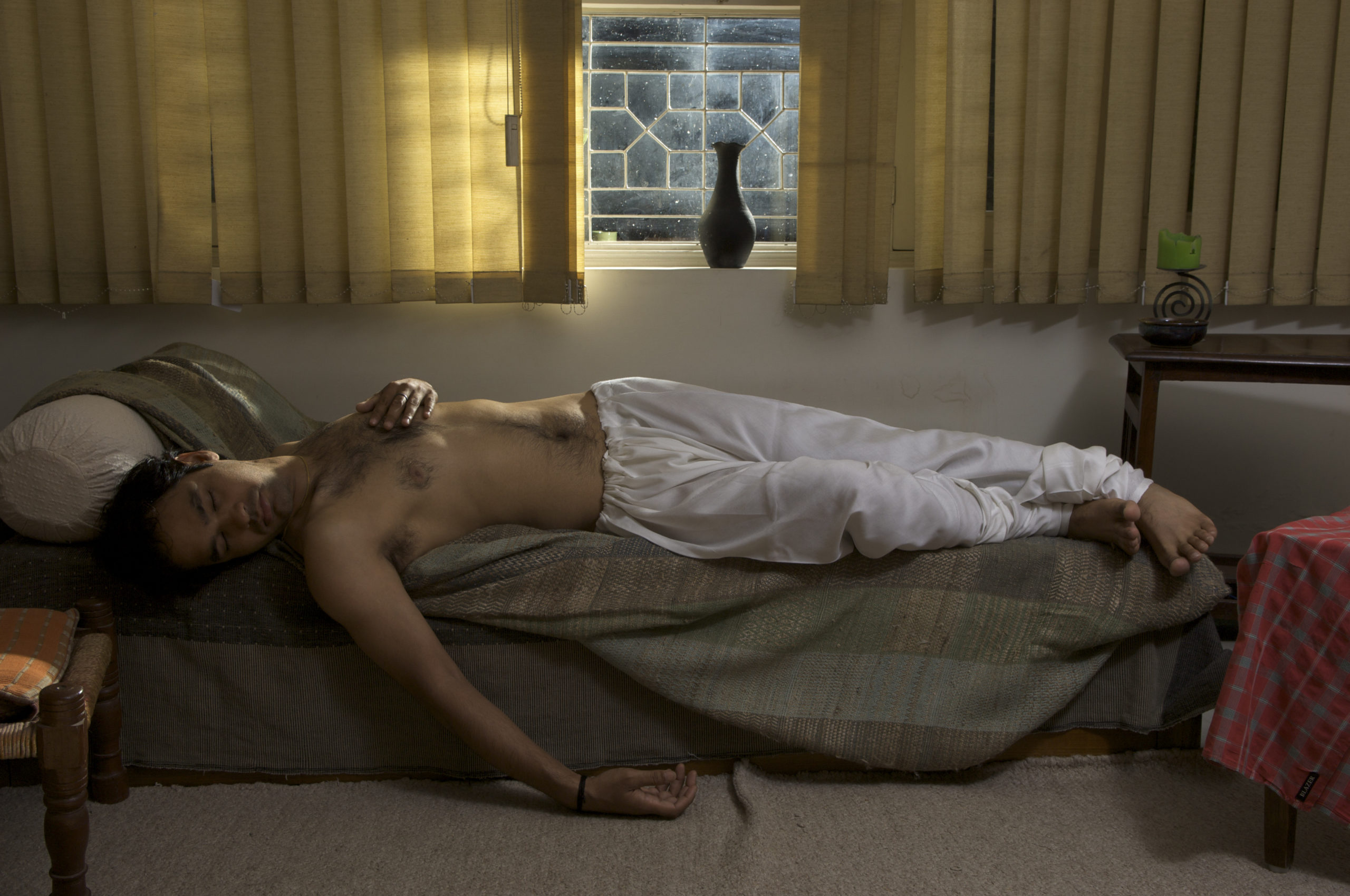
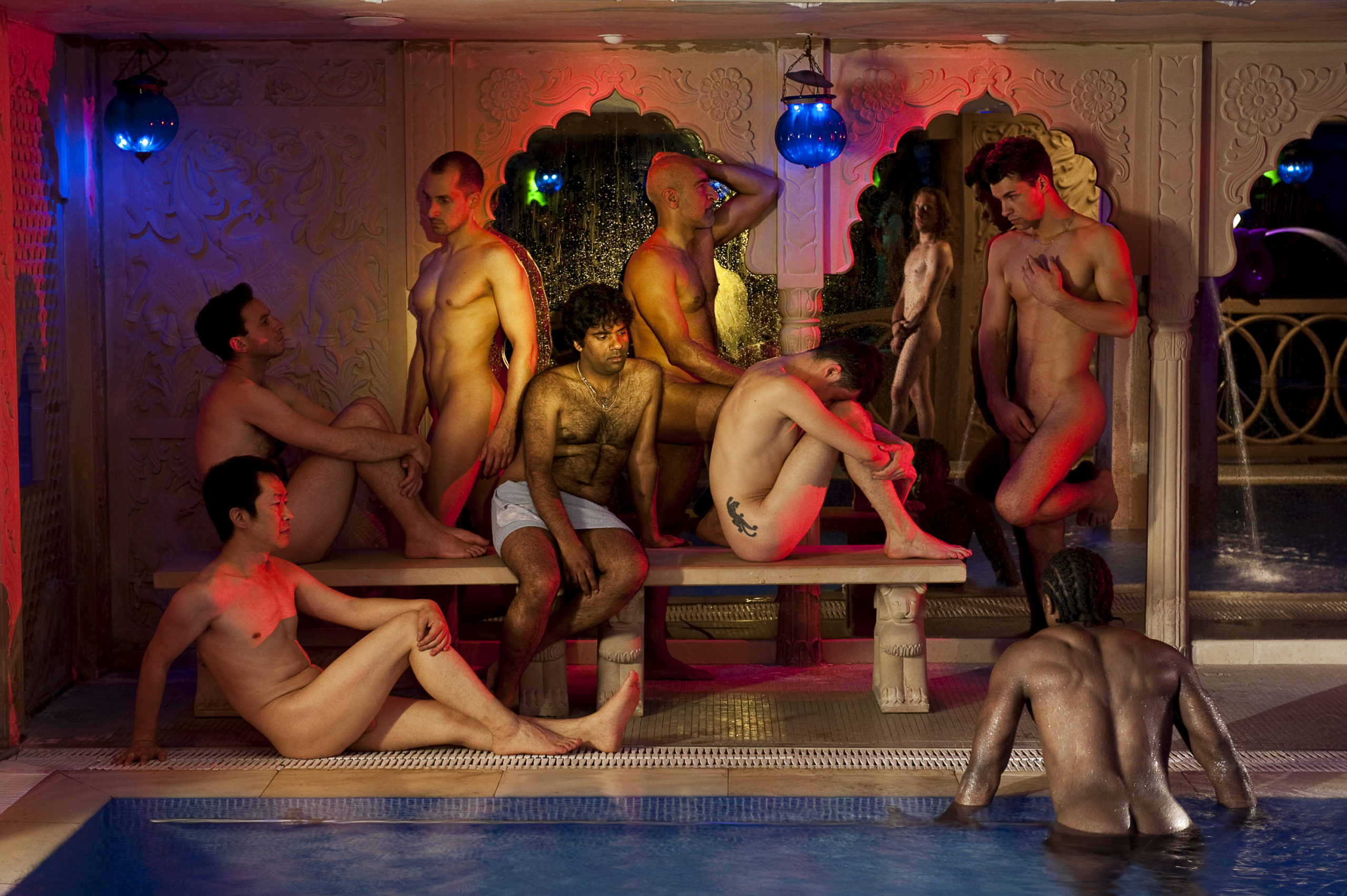
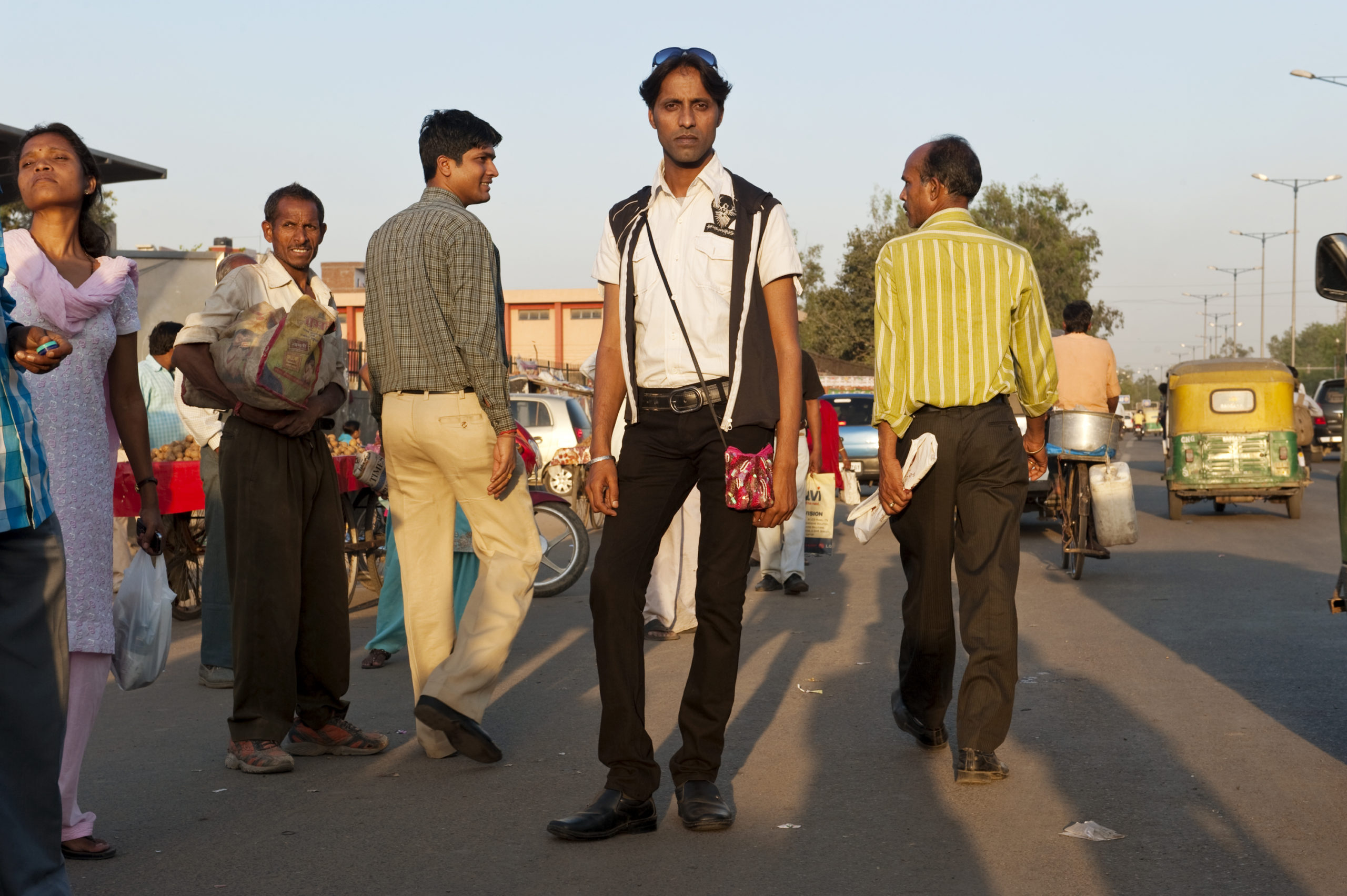
Retrospective
17 May - 31 May
The Photographers' Gallery, 16-18 Ramillies Street, London
The Photographers’ Gallery in London will be reopening ‘From Here to Eternity: Sunil Gupta. A Retrospective’, this May. This is the first comprehensive UK-based career survey of Sunil Gupta (b. 1958), and brings together sixteen series from the prolific photographer’s oeuvre, including the ‘Exiles’ series, which was shown at the very same location as part of a group show in 1987. Three decades have passed since that group show first opened, and the almost half a decade’s worth of work now on display exemplifies the diversity of Gupta’s transcontinental vision, which centers around documenting and championing the lived experiences of gay and migrant communities across the globe.
Drawing largely upon his own personal experiences, the ever-evolving narrative of Gupta’s work, from the gay liberation movement of 1970s New York to the contemporary streets of Delhi, is unified by his strong activistic stance and enduring passion for social engagement wherever he goes.
Identity has always remained at the forefront of his photographic practice. Now based in London, the Indian-born photographer first immigrated to Montréal, Canada in 1969 with his parents, to find himself faced with an entirely different attitude towards homosexuality. Having already been interested in the topics of sex and sexuality before his move to Canada, he began to immerse himself more fully in the burgeoning gay liberation movement of the early seventies, becoming an active member of a community he saw as his “extended family”. The Montréal period of Gupta’s life is documented in his series Friends & Lovers, composed of photographs that range from the classical documentary to candid portraiture of people within the new, welcoming community of which he was now a part.
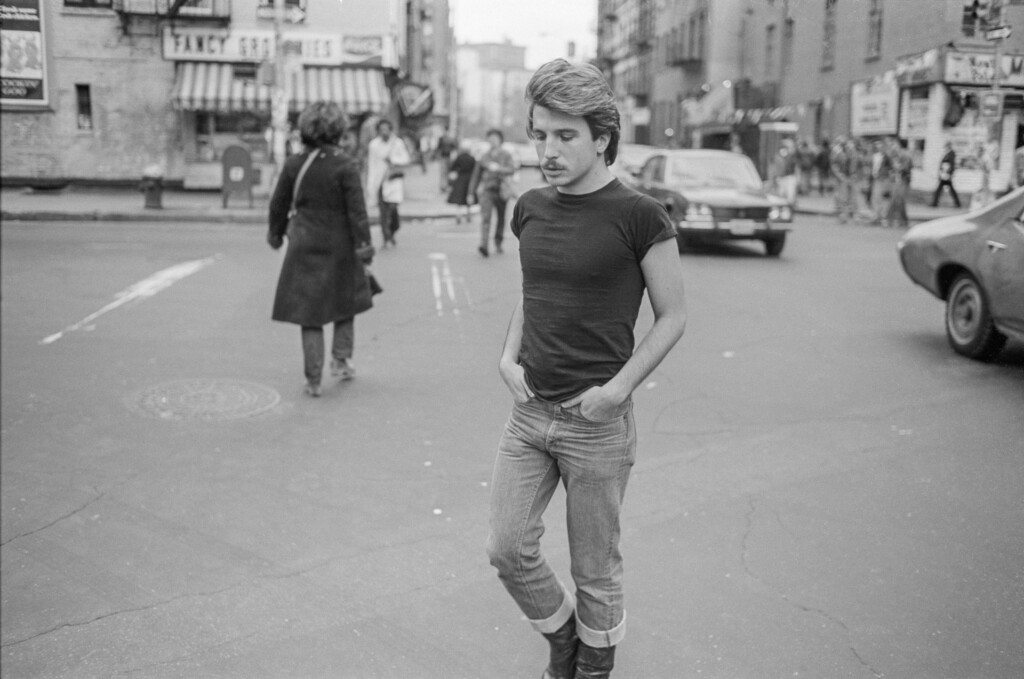
Love underlies everything that Gupta does, and it was love that brought Gupta to New York for the first time in the mid-1970s. Having followed his partner at the time (and eventually following him once again to London thereafter), Gupta found himself in yet another environment that would profoundly change both his relationship to photography, and his engagement with the gay community at large. He finally abandoned his business studies to focus on photography full time, and the black and white photographs in his series Christopher Street, New York 1976, of gay men cruising the streets of Manhattan, are now iconic representations of a pre-Aids era in the gay emancipation movement that was characterized by its vibrance, openness and defiantly public nature.
Gupta’s subsequent move to London prompted a deeper involvement in the political sphere, especially in context of post-colonial struggles in a period of Britain’s history characterized by both passive and open shows of hostility against migrants and gays of diverse backgrounds — 1980s London had not yet reached the same level of openness in terms of its embrace of the gay community, and racialized violence in the form of phenomena such as “Paki-bashing”, as Gupta remembers, had been in full swing. He recalls the severely limiting and Eurocentric lens on artistic discourse being taught at the time, which led to him becoming a founding member of the Association of Black Photographers (now known as Autograph ABP) and to his involvement in the first Black art show in 1983 at the Royal College of Art in London. Photographic series such as ‘Reflections on the Black Experience and Lovers: Ten Years On’ document this turbulent time in London, and Gupta’s place within it.
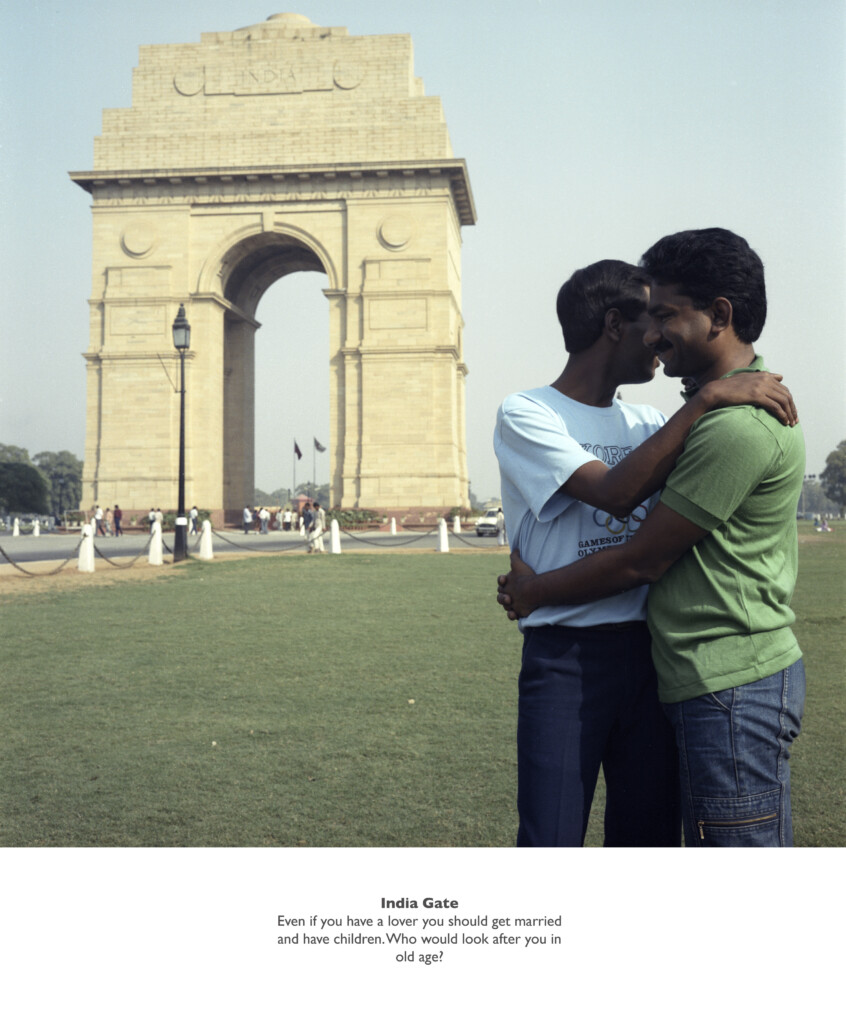
A return to India saw Gupta expand upon a photographic practice that had largely been focused upon documentary — the late 1980s saw the creation of his work ‘Exiles’, which merged documentary and fiction in depicting the concealed lives of gay men in Delhi, whose lived experiences of homosexuality under wraps was a far cry from that in the West. The subjects of Gupta’s carefully composed photographs, gay Indian men who are unable to express their identity publicly, are staged in front of ancient monuments with their faces turned away or concealed, exploring the gray space between truth and fabrication, difference and assimilation. From this point onwards, Gupta’s images have consistently experimented with this mix of the staged and the candid, as well as with a diversity in technical aspects ranging from analog to phone photography, all the while in the same deeply personal yet universally activistic stance. More recent series such as ‘The New Pre-Raphaelites” and “Sun City” explore this dynamic, with images staged from recognizable icons of the Western art history canon with decidedly “atypical” models.
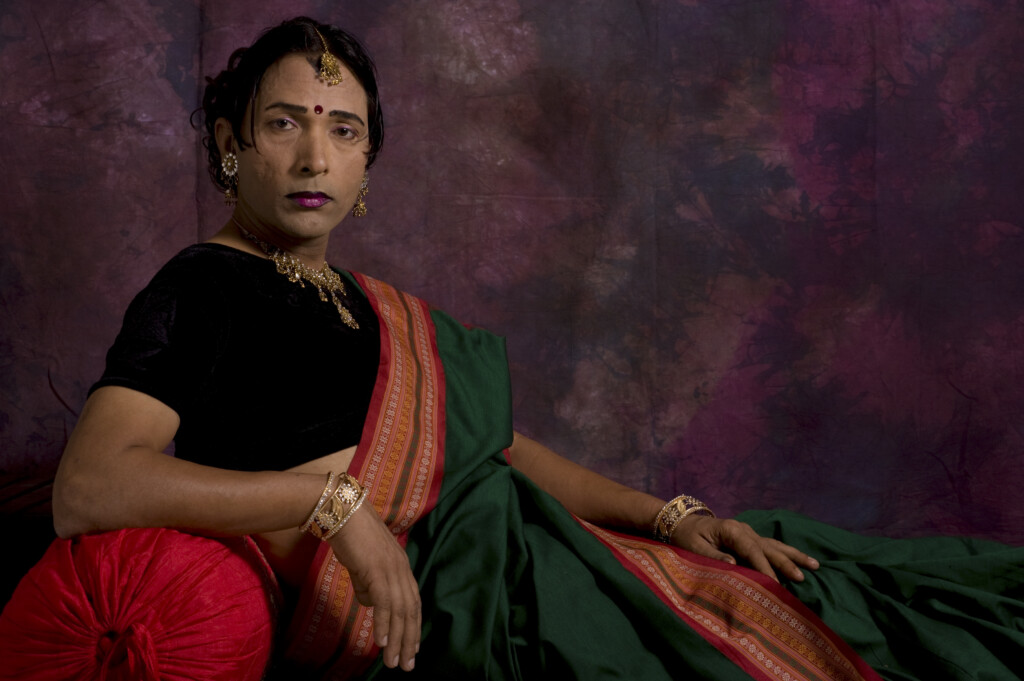
From Here to Eternity, the photographic series from which the retrospective takes its name, is an intimate exploration of his own experience with his HIV positive diagnosis and bouts of illness, in which he returns to analog photography and to the darkroom as a form of therapeutic release. The six diptychs juxtapose street photographs of various significant locations in the gay community with self portraits of a more melancholic and emotionally charged nature, and exemplifies Gupta’s ability to create personal works of universal relevance. In revisiting the lived experiences of himself and the others who call the gay and migrant community family, Gupta creates unique artefacts that visually document the societal transformations of marginalized communities in need of a voice of their own.
All photographs courtesy of the artist, Hales Gallery, Stephen Bulger Gallery and Vadehra Gallery. From Here to Eternity: Sunil Gupta. A Retrospective will be on show again at the Photographer’s Gallery from the 17th to the 31st of May.